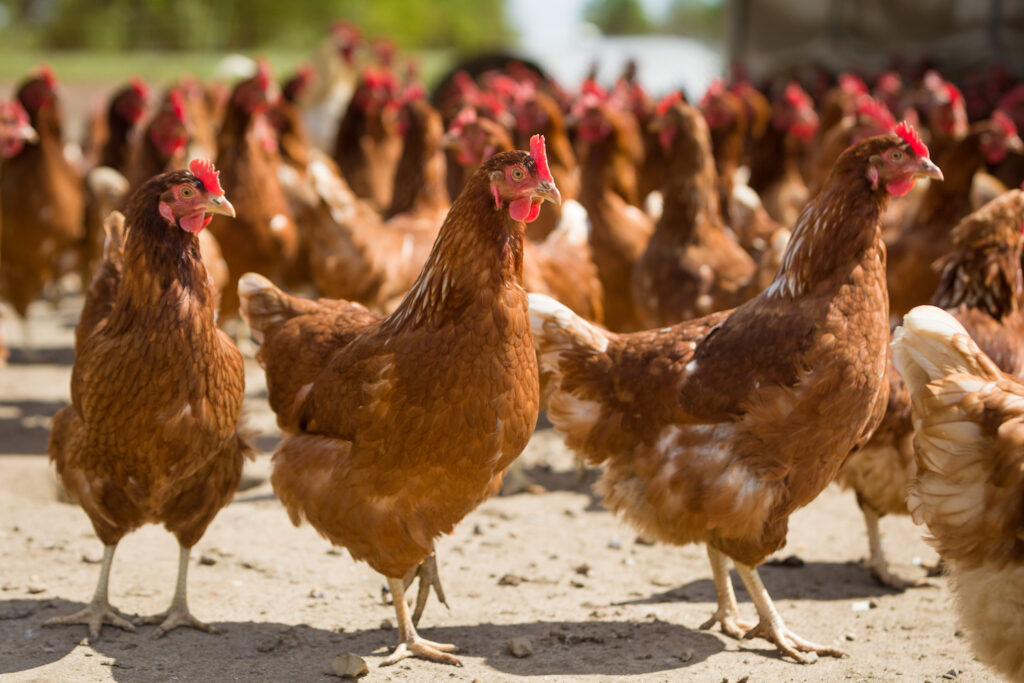Defra issues new guidance on mitigating avian influenza in wild birds
6th September 2022
A mitigation strategy offering guidance to land managers, the public and ornithological and environmental organisations, has been set out by Defra and the Welsh government amid the growing threat of avian flu to wild birds.
The ‘Mitigation Strategy for Avian Influenza in Wild Birds in England and Wales’ sets out how these groups and the government can alleviate the impact of avian influenza on wild bird populations, without detriment to public health, the wider environment and the rural economy.
The new practical guidance aims to facilitate a prompt and efficient response to outbreaks. It also highlights the importance of assisting the government in monitoring the disease across the country.
The guidance was released shortly after the UK’s deputy chief veterinary officer declared an Avian Influenza Prevention Zone (AIPZ) across the South West on Wednesday 31st August. The decision was made to reduce the risk of further outbreaks affecting bird populations across the country. As a result, bird keepers in Devon, Cornwall and parts of Somerset are now legally required to practise enhanced biosecurity on their premises.
Amongst others, Defra’s mitigation strategy provides land owners with recommendations on how to make natural areas safe for the public. These include setting up warning signs to inform visitors of the risk of avian influenza and how they can protect themselves. Moreover, land owners are advised to have contingency plans in place to enable a quick and efficient response to outbreaks.
The guidance also outlines the government’s plan for monitoring the spread of avian flu in wild bird populations and investigating how the disease is distributed geographically and which species of birds it affects.
In addition, it sets out the roles of organisations such as the Animal and Plant Health Agency (APHA), Natural England, Natural Resources Wales (NRW) and the Joint Nature Conservation Committee (JNCC) in the surveillance of avian flu and the monitoring of wild bird populations in Great Britain.
For example, the APHA has been running a year-round surveillance programme monitoring found dead wild birds across the country. Throughout the current outbreak, the programme has identified 1,500 wild birds with positive results belonging to 61 different species across more than 360 locations.
£1.5m research consortium
APHA also recently launched an eight-strong research consortium that received £1.5m in funding to develop new approaches and strategies for controlling avian influenza outbreaks.
Defra biosecurity minister Lord Benyon said: “Our wild birds are facing exceptional pressures from avian flu this year and we have seen the tragic effect it has had – particularly on our seabird colonies.”
“I very much share concerns about the impact avian influenza is likely to have on breeding populations of wild birds in the future, particularly those that nest in large numbers and represent some of our rarer and much-loved species.
“We are funding a world leading science programme to try and better understand how avian influenza is spreading in wild birds and [the] guidance will help land managers, ornithologists and the public manage some of the issues we are facing. We will continue to work closely with partners to consider any further action we can take.”
“Longest and largest outbreak”
Compared to previous years, the current avian flu outbreak has been the longest and largest in the UK and many other European countries. Infections have continued to spread well beyond the normal winter period, resulting in Defra keeping a nationwide AIPZ in force until as late as the 16th August. Despite extensive precautionary measures, the disease has now reached wild bird and seabird colonies that are not typically affected by avian flu.
The Welsh Government’s minister for climate change Julie James said: “Fortunately, Wales’ wild bird populations have so far escaped the mass mortalities seen in Scotland and England, but we remain extremely vigilant to the dangers of highly pathogenic avian influenza (HPAI).”
“[…] We have suspended all seabird ringing and nest recording in Wales in response to confirmed cases of HPAI on Anglesey and in Ceredigion and on neighbouring Grassholm Island.
“We will continue to closely monitor the ongoing situation and urge anyone who sees a dead bird to report it and not to touch it.”

